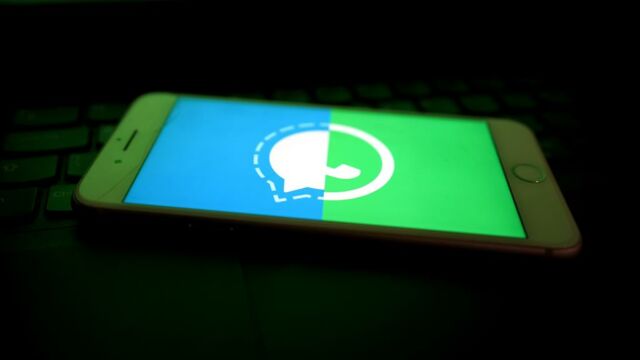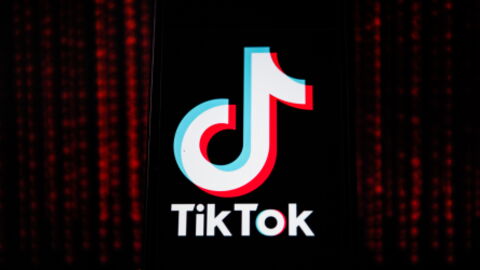'One man's joy is another man's misery.' Even tech companies aren't exempt from this. The secure messaging application Signal has seen its download rate sky-rocket the past few days following a recent controversy over WhatsApp. The Facebook-owned messaging service recently changed its terms of service, forcing its users into agreeing to share even more of their personal data with the parent company come 8 February, 2021.
Discover our latest podcast
As a result, many users around the world turned to Signal, a free highly secure messaging application. Its end-to-end encryption ensures better security and data protection than WhatsApp. According to Signal, the sudden surge in downloads even caused them a few technical issues. There was a delay in the sending of the verification codes by phone messages, necessary for registration, Signal warned on Twitter on January 7.
The messaging service turned to humour and called on its users to show patience, adding that the teams 'could barely register their excitement' at the wave of hits.
Verification codes are currently delayed across several providers because so many new people are trying to join Signal right now (we can barely register our excitement). We are working with carriers to resolve this as quickly as possible. Hang in there.
— Signal (@signalapp) January 7, 2021
,The app has apparently been downloaded over 100000 times in a two-day time frame on the App Store and Google Play. Signal hasn't yet commented on the exact number of downloads, but it's safe to assume the number is continuing to grow.
Elon Musk, Edward Snowden and Jack Dorsey all use it
Indeed, Signal's sudden success did not come out of the blue. The secure messaging service is used by some big names in tech, including Twitter co-founder Jack Dorsey, Tesla & SpaceX boss Elon Musk, and whistleblower Edward Snowden, just to name a few.
Signal does not shy from these public endorsements: on the home page, you can find one of Snowden's quotes: 'I use Signal every day,' and another from Dorsey, who praises the messaging security.
But on Thursday, 7 January, Signal really rose to fame thanks to a single tweet from Elon Musk: 'Use Signal.' A simple tweet, from a man who is now the richest in the world. The effect was immediate. Twitter's own boss, Jack Dorsey, was quick to share the post on his account.
Just a few hours after Musk's tweet, Edward Snowden also began to promote Signal on Twitter. In answer to a user asking 'do we really trust Signal? cause i see zero reason to,' the whistleblower—sheltered in Russia following its revelations on the NSA's surveillance programs—tweeted:
Here's a reason: I use it every day and I'm not dead yet. https://t.co/Trhgqbwdpj
— Edward Snowden (@Snowden) January 7, 2021
While your average WhatsApp user isn't necessarily wanted by the United States government as Snowden is, these various expressions of support should be a guarantee of confidence for any who would seek an alternative to WhatsApp.
Signal is more secure than WhatsApp
Part of Signal's securities is its end-to-end encryption, which encrypts messages, photos and other documents sent through its messaging system. Thanks to this technology, no one can see this data except the users who are part of the chat. WhatsApp also uses this data security technique, true.
But unlike WhatsApp, Signal's code is open source, which means that anyone can access it, see how it's built, detect potential back-doors, fix any bugs and even replicate it for other services.
Another difference: Signal is funded by the Signal Technology Foundation, a non-profit organization. When it comes to protecting the privacy of users, it is a non-negligible advantage to not belong to a company whose business model is based on the collection of personal data, as is the case with WhatsApp and Facebook.















